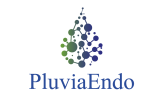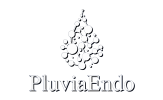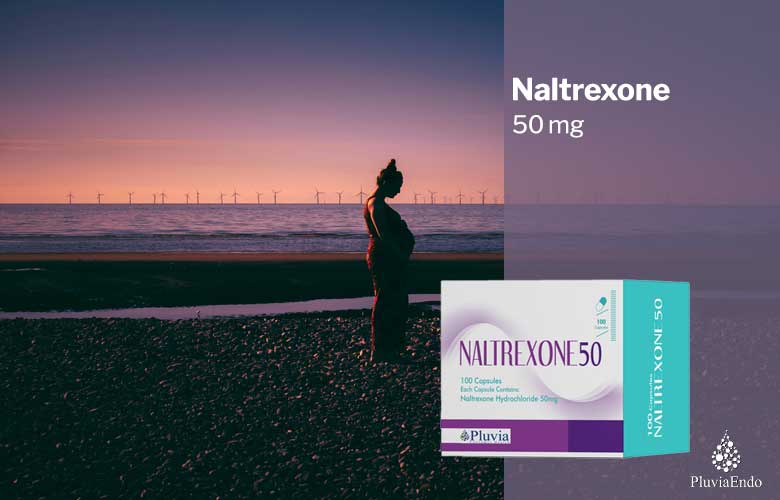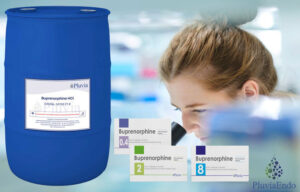Naltrexone is a medication that primarily manages opioid and alcohol dependence. It works by blocking opioid receptors in the brain, thus inhibiting the euphoric and sedative effects of drugs such as heroin and morphine. For healthcare providers, the relationship between Naltrexone and pregnancy presents unique challenges and considerations. This article provides insights into the safety, efficacy, and guidelines for Naltrexone use in pregnant patients.
Naltrexone and Its Mechanism of Action
Naltrexone is an opioid antagonist, meaning it blocks the effects of opioids by binding to the opioid receptors without activating them. This mechanism is crucial in preventing relapse in individuals recovering from opioid or alcohol dependence. Unlike some other treatments, such as methadone or buprenorphine, Naltrexone does not have addictive properties, making it an appealing option for long-term management.
Naltrexone and Pregnancy: Safety Use During Pregnancy
The safety of Naltrexone during pregnancy is a topic of ongoing research and debate. Limited data are available on the effects of Naltrexone on pregnant women and their developing fetuses. However, the existing studies suggest that Naltrexone does not pose significant teratogenic risks, meaning it is not likely to cause congenital abnormalities. Nonetheless, its use must be carefully considered against the potential risks and benefits.
Naltrexone and Pregnancy: Potential Risks
- Limited Data: The primary concern with Naltrexone use during pregnancy is the lack of comprehensive studies. Most available data come from animal studies or limited human case reports.
- Withdrawal Risk: If Naltrexone is initiated in a patient currently dependent on opioids, it can precipitate withdrawal, which could potentially harm both the mother and the fetus.
- Unknown Long-Term Effects: The long-term developmental effects on children exposed to Naltrexone in utero are not fully understood.
Naltrexone and Pregnancy: Potential Benefits
- Prevention of Relapse: For pregnant women with a history of opioid or alcohol dependence, Naltrexone can be a critical tool in preventing relapse, which can have severe consequences for both the mother and the baby.
- Non-Addictive: Unlike methadone and buprenorphine, Naltrexone does not have addictive properties, reducing the risk of developing a dependency on the treatment itself.
At Pluvia Endo, we produce high-quality Naltrexone products to support effective addiction management and improve patient outcomes:
Choose Pluvia Endo for reliable and effective solutions in addiction treatment.
Clinical Guidelines and Recommendations
Given the mixed evidence and potential risks, healthcare providers should decide to use Naltrexone during pregnancy on a case-by-case basis. Healthcare providers should consider the following guidelines:
1. Individualized Assessment: Evaluate the patient’s health, addiction history, and current status. Consider whether the benefits of preventing relapse outweigh the potential risks of Naltrexone use during pregnancy.
2. Informed Consent: Ensure the patient fully understands the potential risks and benefits. Discuss the limited data available and the possibility of unknown long-term effects on the baby.
3. Close Monitoring: If Naltrexone is prescribed, closely monitor the patient throughout the pregnancy. Regular check-ups should be scheduled to assess both maternal and fetal health.
4. Alternative Treatments: Consider alternative treatments such as methadone or buprenorphine, which have more established safety profiles in pregnant women. These medications, although addictive, have been extensively studied and are considered safer options for managing opioid dependence during pregnancy.
Case Studies and Clinical Experiences
Several case studies and clinical reports provide valuable insights into the practical application of Naltrexone during pregnancy:
- Case Study 1: A 30-year-old woman with a history of opioid dependence successfully used Naltrexone throughout her pregnancy. She experienced no relapse, and her baby was born healthy with no immediate complications. The patient and her child continued to be monitored postpartum, and no adverse effects were observed.
- Case Study 2: In another instance, a 28-year-old woman with severe alcohol dependence was treated with Naltrexone during her pregnancy. The patient remained abstinent from alcohol, and the pregnancy progressed without significant issues. The child was born healthy, and follow-up at one year showed normal development.
Naltrexone and Pregnancy: Expert Opinions
Healthcare providers specializing in addiction treatment emphasize the importance of a multidisciplinary approach when considering Naltrexone for pregnant women. Collaboration between obstetricians, addiction specialists, and pediatricians is crucial to ensure comprehensive care.
Dr. Jane Smith, an addiction specialist, notes, “While Naltrexone can be a valuable tool in preventing relapse, healthcare providers must approach its use during pregnancy with caution.” Each case is unique, and the decision should involve thorough discussion and collaboration among healthcare providers.”
Naltrexone and Pregnancy: Conclusion
Naltrexone presents both opportunities and challenges when used during pregnancy. While it offers significant benefits in preventing relapse for opioid and alcohol dependence, the limited data on its safety and long-term effects necessitate careful consideration and individualized treatment plans. Healthcare providers must balance the potential risks with the benefits, ensuring that pregnant patients receive the best possible care while minimizing harm to both the mother and the developing fetus.
By maintaining open communication with patients and collaborating across specialties, healthcare providers can make informed decisions regarding Naltrexone use in pregnancy, ultimately enhancing outcomes for mothers and babies.







